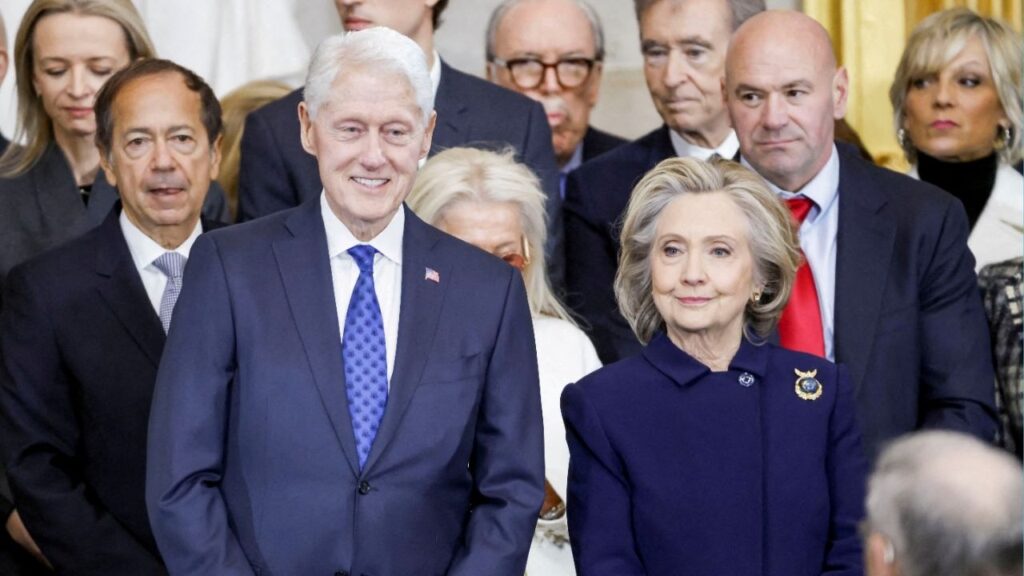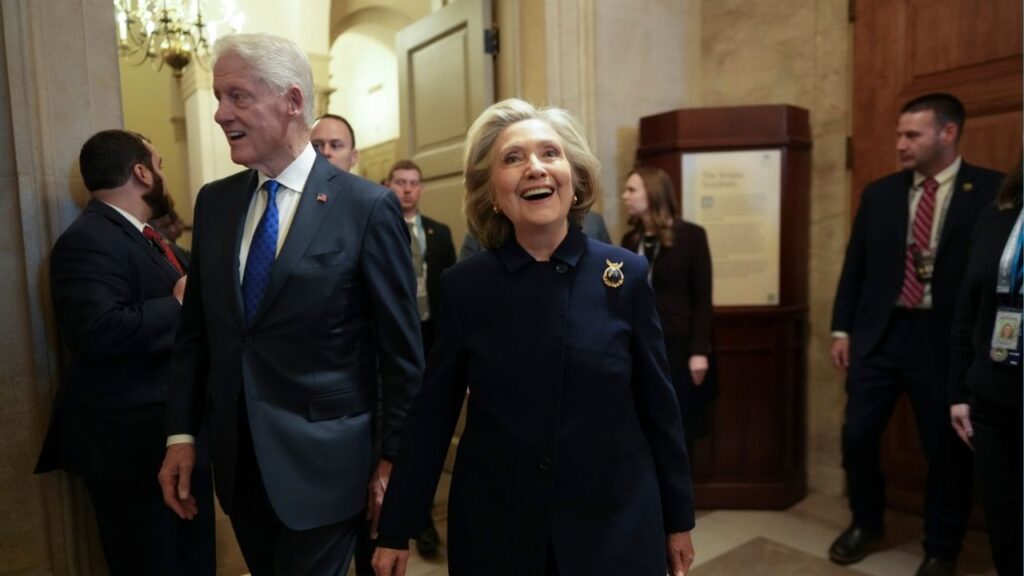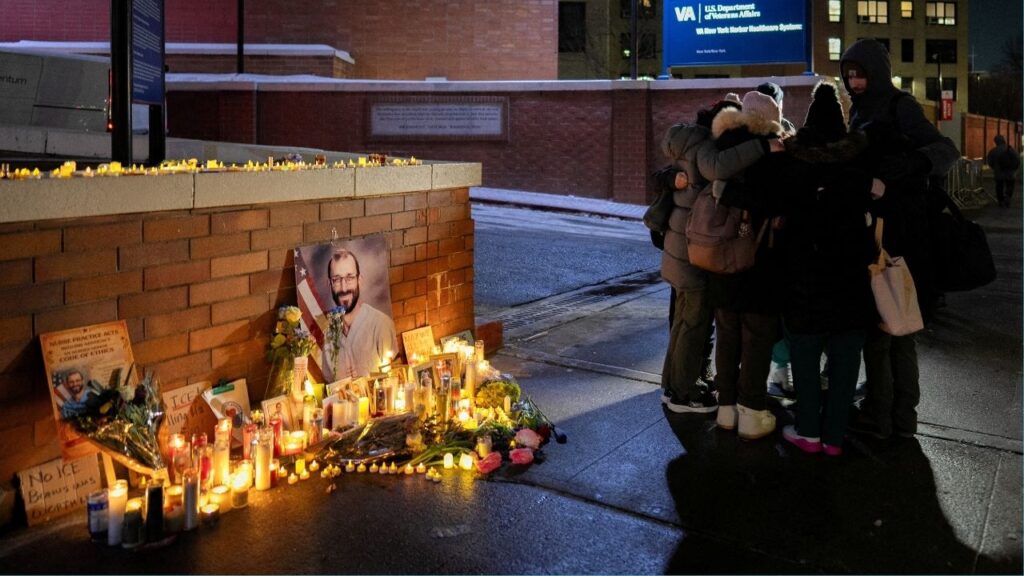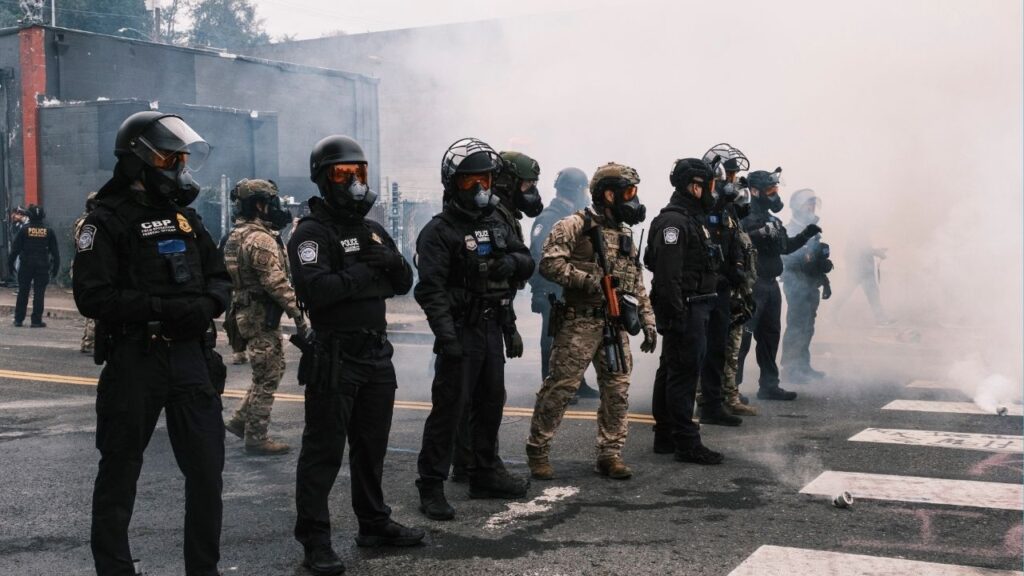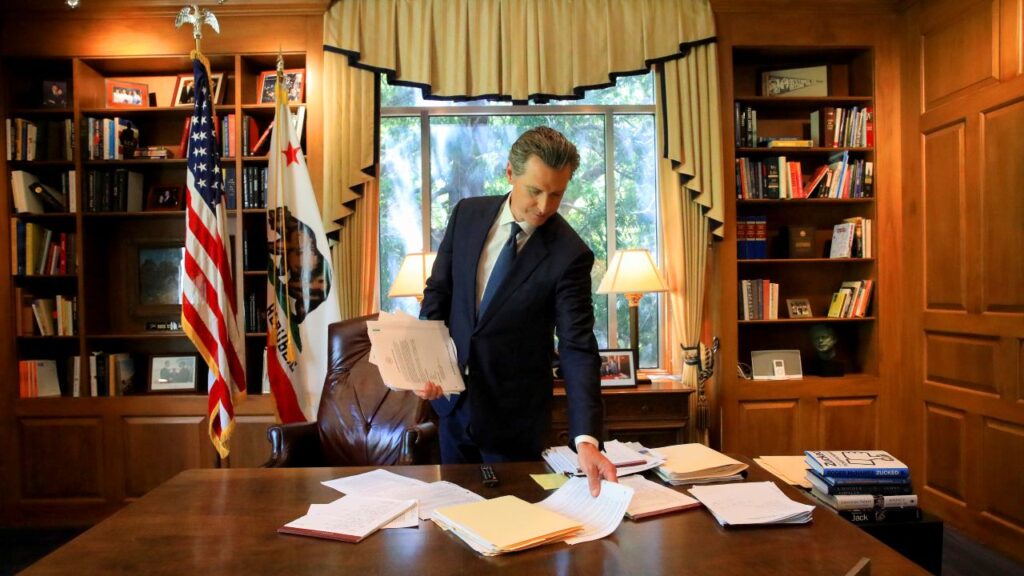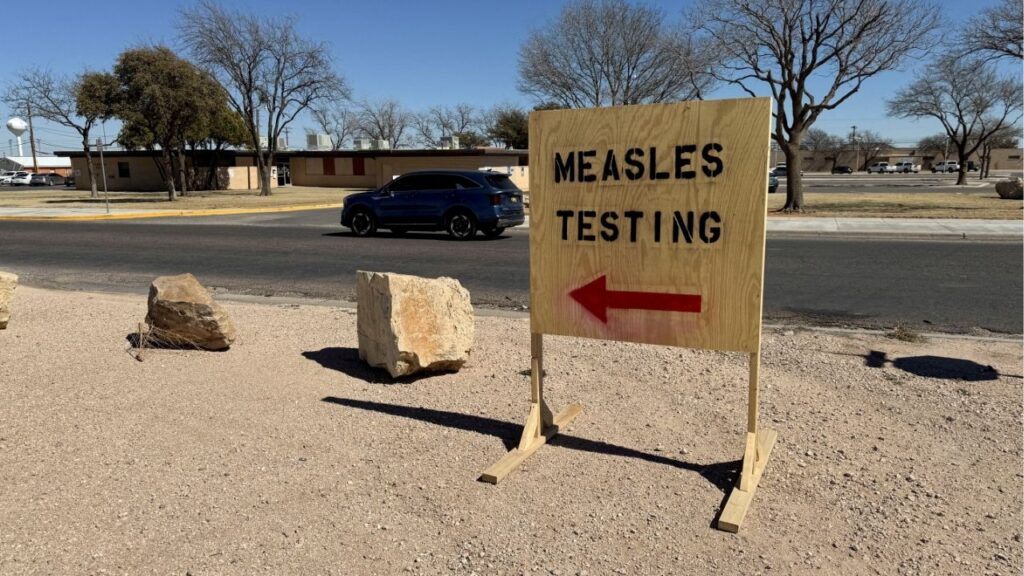
- Jimmy Carter improved millions of lives globally through his relentless fight against diseases, poverty, and violence as an ex-president.
- Despite criticism, Carter's presidency secured Middle East peace and prioritized human rights, leaving a lasting, misunderstood legacy.
- Carter's empathy, principles, and unwavering dedication to public service redefined leadership, focusing on global health and peace over personal gain.
Share
|
Getting your Trinity Audio player ready...
|

Nicholas Kristof
Opinion
Opinion by Nicholas Kristof on Dec. 29, 2024.
We in the news media and chattering class mocked Jimmy Carter as a country bumpkin, with cartoons depicting him installing an outhouse next to the White House. His public approval dropped to 28%, and when Ronald Reagan succeeded him, the Reagans’ interior designer reportedly smirked about the need to “get the smell of catfish out of the White House.”
President Carter, a member of Congress lamented in 1979, “couldn’t get the Pledge of Allegiance through Congress.” Rolling Stone described Carter as “the great national sinking feeling.” Ousted after a single term, he wasn’t so much criticized as sneered at. Even Democrats like Bill Clinton treated Carter as an embarrassment who had undermined liberals and paved a path for Reagan.
Yet all this speaks to our failure of discernment.
Related Story: U.S. Presidents Pay Tribute to Jimmy Carter
Carter, who died Sunday at the age of 100, probably improved the lives of more people over a longer period than any recent president. He was a far better president than is generally acknowledged — and is the only one in modern times who didn’t lose a single soldier to combat (although he did lose eight service members to an air collision during the failed hostage rescue mission in Iran). Carter was also the best-ever ex-president: Hundreds of millions of people around the globe are living better lives because of his relentless efforts to overcome violence and disease.
So Carter’s death is a moment to reassess his legacy, but it also is an opportunity to reflect on how we in the news media and the political world got him so wrong and treated him so unfairly.
This is not to say that Carter was always saintly, charming or successful. I interacted with him periodically over the decades in person, on the phone or by email, mostly on issues of peace or poverty, and I found he could be tough, headstrong and dismissive; there were times when I said something he disagreed with and he abruptly turned as icy as the Hudson Bay in winter.
At times Carter was maddeningly difficult. He adored his wife, Rosalynn, who died in 2023, and championed her heroic efforts to improve America’s mental health care. But when they wrote their first book together, disagreements as they edited each other grew so fraught that they were reduced to communicating via their word processors. “It really was a strain on our marriage,” he acknowledged, and they resolved never to write another book together.
I’ve interacted in some form with eight presidents (I first encountered Carter when I was a high school senior covering his run for president in 1976), and Carter stands out in three ways.
First, he was less focused on himself than almost any other leader I’ve known. He never sought riches, and he continued to live in the same humble bungalow that he and Rosalynn constructed in 1961 in Plains, Georgia. His study was a converted garage.
Second, he took on superhuman challenges: Middle East peace, eradication of Guinea worm, energy independence — and, at a personal level, running as an unknown for president. (When he told his mother he was running for president, she supposedly asked, “President of what?” His campaign rented a hotel ballroom for his Iowa campaign kickoff, and just three people came.) Sure, Carter often fell short, but it’s only because he persistently aimed so unreasonably high that we’re talking about him today.
Third, he was guided by principles more than politics, and he sought to use his platform to help others. That’s not to say he refused all moral compromises: He wanted to be elected governor of Georgia, so in 1970 he stayed quiet on civil rights and even feigned respect for the segregationist George Wallace. That’s an ethically complicated side of Carter, who believed that repudiating racists “would have been the end of my political career,” as he told Jonathan Alter, the author of an excellent biography of Carter and a contributor to Times Opinion. So he could indeed be calculating, but his aims were loftier than his means, and — imperfectly — he regularly did what he thought was right even when it was politically costly.
Related Story: Jimmy Carter, the 39th US President, Has Died at 100
My admiration for Carter was shaped by seeing him in the field. In 2007, I joined him on a trip to Africa, where he explained his passion for eradicating Guinea worm disease so that it could become the second human ailment, after smallpox, to be eliminated forever. He told me of seeing patients in agony from Guinea worm, which looks like a long white thread of spaghetti and can grow 3 feet long under the skin.
“Little 3-, 4- and 5-year-old children were screaming uncontrollably with pain,” Carter told me. “I cried, along with the children.”
I admire a man who seeks out suffering children, weeps unashamedly with them — and then does his utmost to eradicate the parasite that torments them.
Perhaps Carter was so empathetic because he was the last president who truly grew up seeing poverty around him. His home had no electricity or running water until he was 11 years old, and he told me that many of the ailments he battled in Africa — such as worms and blinding trachoma — were common in rural Georgia when he was a child.
Racism was endemic, and Carter’s father was a staunch segregationist. Yet Carter himself reportedly was the only prominent white man in Plains who refused to join the White Citizens’ Council, and when his church refused to integrate, he left to help found a new one that welcomed everyone. After being elected governor of Georgia in 1970, he placed a portrait of the Rev. Dr. Martin Luther King Jr. in the state Capitol.
As governor, Carter became convinced that a Black woman convicted of murder, Mary Prince, was innocent. After being elected president, he applied to be her parole officer so that he could take her to the White House to work with his family.
Related Story: U.S. Presidents Pay Tribute to Jimmy Carter
Many Americans now accept that Carter did fine work as an ex-president but still judge him a failure as president. It’s true that his presidency, from 1977 to 1981, was a dismal time of inflation, recession, the Iran hostage crisis and the humiliating failure of the hostage rescue mission.
But I don’t believe Carter is much to blame for those traumas, and it was he who started the process of taming inflation by recruiting Paul Volcker to run the Federal Reserve — even though Carter knew that the result might be a politically damaging recession. It was likewise Carter more than Reagan who deregulated American industry (trucking, airlines and natural gas).
Most important, Carter achieved the Camp David peace agreement between Egypt and Israel, essentially ensuring Israel’s survival. In the 1973 war, combined Arab armies seriously endangered Israel, but without Egypt, the other Arab armies no longer appeared to constitute the same threat to its existence.
So it’s grotesque when Carter is denounced as an antisemite because he criticized Israel’s harsh treatment of Palestinians. He arguably did more than any other president in the past half-century to secure Israel’s future.
In any case, it was fitting that Carter spoke up for Palestinians, for he was the first president to put human rights forcefully on the global agenda. When you hear governments around the world criticize one another, sometimes hypocritically, for violating human rights, it was Carter who elevated the issue.
Is all this the hallmark of a failed presidency?
Carter’s favorite president was Harry Truman, likewise a strong-spined man whom many in Washington dismissed as an incompetent rube. But assessments of Truman have risen over the decades, and I’m betting the same will happen with Carter. Truman and Carter share political courage and a personal integrity that — long after political battles are forgotten — we can’t help admiring.
After his defeat in 1980, Carter returned to Plains in disappointment and humiliation. He eschewed golf, corporate boards and lucrative speeches. Instead, he took on world peace. His Carter Center helped negotiate peace deals, monitored elections and battled tropical diseases.
Carter told me that we conceive of human rights too narrowly as political rights. He believed passionately in a child’s right to health, peace, safety and opportunity, and that’s what he strove to advance.
In Liberia, I saw his projects to bring peace and end sexual violence. In Ethiopia and Niger, I saw his work against river blindness. In Haiti, his work against deformity caused by lymphatic filariasis. In South Sudan, his work against Guinea worm.
These diseases are devastating to impoverished peoples. Trachoma is an excruciating way to go blind; one woman told me it was like enduring the pain of childbirth — for years. As for lymphatic filariasis, it leaves people’s legs grotesquely disfigured and causes men’s scrotums to swell so much, they sometimes must carry them on a wheelbarrow.
These are the people whose lives Carter has transformed, on a grand scale. In Nigeria alone, the Carter Center helped to treat 32 million people for a devastating parasite that causes a chronic ailment called schistosomiasis.
“He redefined public service,” Sen. Dick Durbin, D-Ill., told me.
I once asked Carter about prayer — he was an evangelical Christian — and I found his answers illuminating.
“I pray often during each day,” he told me. “Prayer helps internally, as a private conversation with my creator.”
Carter was then fighting cancer that had spread to his brain and liver, and I assumed he was praying to be cured. But no. He suggested his prayers weren’t so much for recovery as for help in making the best of his condition, in being a follower of Jesus Christ and in being a blessing to others.
So how did we get him so wrong? Why were we so unfair?
I think one reason was that his presidency felt like a grim time and we wanted someone to blame, and another was that he was an outsider whose aspirations to be virtuous came across to some as sanctimonious. Other presidents concealed affairs, while Carter stepped up simply to confess that he had “looked on a lot of women with lust.” Too much information.
On that trip with Carter to Ethiopia, he told me of one of his life ambitions: to outlive the Guinea worm. He wanted to eradicate it from the planet before he died.
“I’m determined to live long enough to see no cases of Guinea worm anywhere in the world,” he told me. He probably failed at that bold task, for there were still 14 human cases in 2023.
But hold on: The total when Carter took on Guinea worm in 1986 was 3.5 million cases a year.
Eradicating Guinea worm disease was quintessentially Carteresque. It wasn’t meant to burnish his legacy. Few had heard of it. Those suffering from it were among the most marginalized people in the world. Eradication was almost unimaginable.
That was Carter. He took on herculean tasks and registered imperfect progress that left millions better off.
I joined him on that Africa visit because his aides had told me it would be his last big foreign trip. That sounded historic. Upon reaching a remote village, he sat down in his bluejeans, and I began my interview by saying that this was his last major overseas trip.
Carter interrupted me and glared.
“Whatever would give you that idea?” he asked icily. He seemed to be planning to tour remote Ethiopian villages until perhaps his 200th birthday.
No, he didn’t quite manage that. But few did so much to make this planet a better place.
—
Contact Kristof at Facebook.com/Kristof, Twitter.com/NickKristof or by mail at The New York Times, 620 Eighth Ave., New York, NY 10018.
This article originally appeared in The New York Times.
By Nicholas Kristof/Suzanne DeChillo
c. 2024 The New York Times Company





